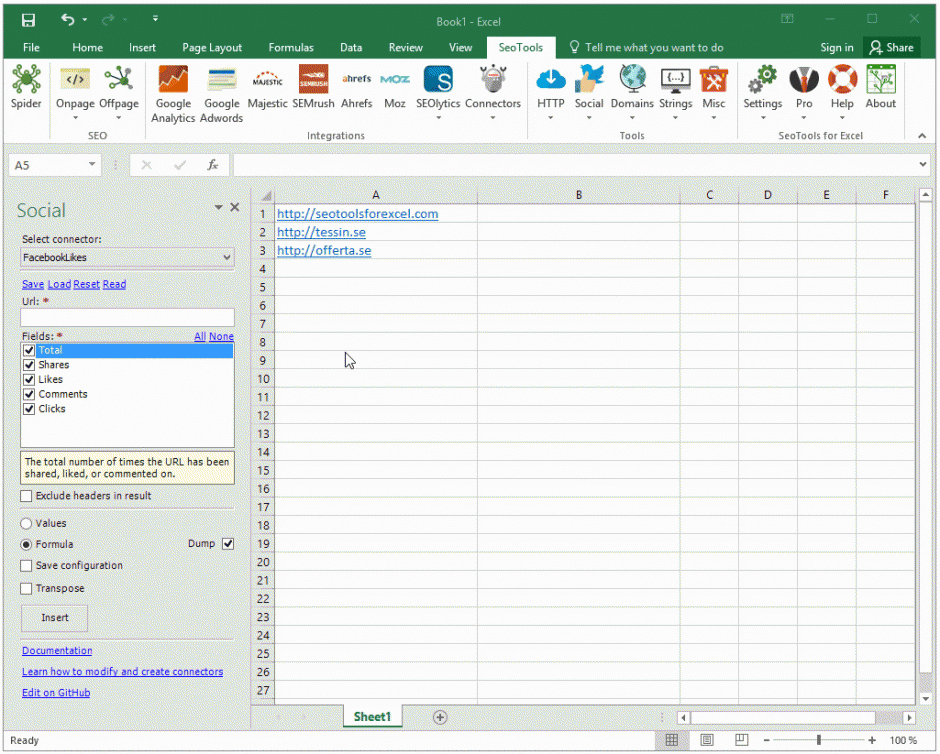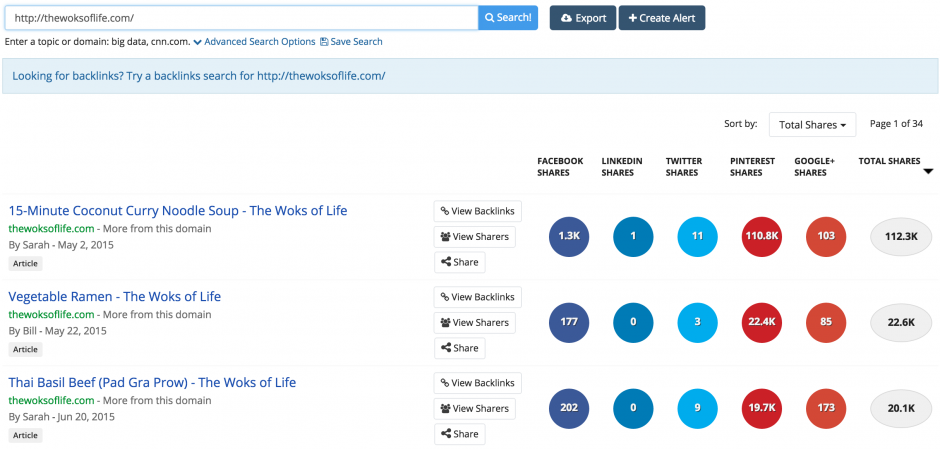Acquiring links to your website has always been an important optimisation factor and this is yet to change. Although there are talks about links becoming less important considering Google’s RankBrain algorithm update, links still remain important and you simply cannot ignore them. The whole concept of link building is highly involved and the purpose of this blog post isn’t to address that. There are plenty of resources online if you’re looking for a broader understanding of link building. For this blog post, though, we’re going to address a form of link building that anyone can do.. blog commenting.
Before we get started, most people will read this blog post, understand it and want to implement it. However, only a few will take the time to do so and those few will have the edge thanks to everyone else who will start and then forget.
Getting Started
Anything that comes easily gets exploited, that’s just life and that’s especially prevalent in the SEO world. Blog commenting became incredibly popular when WordPress started to grow into the massive content management system it is today. Most blogs allowed people to leave comments and as this became more and more popular, so did people take advantage. Everyone started leaving comments and people hoping to crook the books started to leave comments using their keywords instead of their names. See, WordPress allows you to leave a comment on the blog and attach a link to your name thus linking your name back to your website. But with everyone forcing keywords into the name field, so did the system become abused. Don’t see this as a bad thing, Google caught on and although this is debatable, said abused links are no longer carrying much back link value.
However, finding great pieces of content and leaving well informed comments with your name or brand as the anchor text is still a valid method which should be used. What most people don’t think about is their anchor text ratios. Anchor text refers to the text that is linked and in general when you receive contextual links on the internet, people use keywords as the anchor text. For example, someone might write something along these lines: “I read a really great article on <insert topic here> and you should read it too”. The website receiving this contextual link is receiving a topical or keyword anchor text link. Algorithm updates that target anchor text have shown that in order for your website to rank really well (or at least one of the factors that contribute to your visibility), you need a good mix between brand/keyword/nofollow/dofollow links. If you’re receiving a lot of keyword anchor text links through various contextual sources, then leaving blog comments with your name or brand is going to assist with the brand/keyword ratio – diversity.
#1 Prospecting For Blogs
Alright, we’ve covered the basics, but now we need to find blogs that allow commenting. Sure, we can start clicking around to find them but that’s just going to take too much time so we need to get clever. With the help of Google and some search operators we can find blogs that allow commenting. In the example below, we’ve asked Google to search for web pages that have “cooking” in the URL and that the page contains the words, “leave a reply”. “leave a reply” is very common with WordPress and is the text that exists in the comments section, thus showing that comments are turned on and accepted. We’re now presented with all the prospects and we can click through to the ones where we feel we may be able to add value. By way of example, let’s suppose we have a website on cooking, in this example we’ve searched for all website’s about cooking that allow commenting. inurl:cooking “leave a reply”

If your search turned up very few results, try varying the “leave a reply”, to perhaps “leave a comment” or “have your say. Furthermore, be sure to look in other search engines too, Bing has some great content. We shouldn’t stop there though, with the search tools we can choose to show recently published pages and/or country based pages. This combination allows us to be commenting on fresh content that is in the right country. By choosing pages in South Africa from the past week we can see that there are 4 different blog posts that are accepting comments.

#2 Crafting Your Comment
What’s really important when venturing out onto the internet to leave comments is that you leave great comments. Here are some things to avoid:
- One or two liner comments.
- Copy/Pasting comments to multiple web pages.
- Writing something useless.
- Not adding value to the web page.
- Not putting your name or brand in the name field.
In other words, we need to write comments that are relevant, at least a paragraph or two long, authentic and hold something valuable.
#3 Bonus
When you’re prospecting, create an Excel spreadsheet and keep track of the websites that allow comments. If your niche results in hundreds of possible web pages to comment on, you certainly don’t want to sit and write hundreds of comments. Rather load the website addresses into a Spreadsheet and use a plugin such as SEO Tools for Excel to order the links by value or specific requirements (e.g. links).

Another useful trick is to use BuzzSumo’s Most Shared Content Research Tool to crawl the websites that have comment sections to determine which blog posts are the most popular on their site. In other words, if you use an inurl search operator and find a brilliant blog, put the blog through the content research tool and find the most popular pieces of content on said blog. Even if a blog post is old, it might be ever green and it might still be getting value from all the shares and backlinks, it wouldn’t harm to leave a great comment there.

Conclusion
Even if you aren’t interested in the SEO value from this, leaving excellent comments do attract attention from readers and they build reputation. Anyone with a website who’s interested in attracting new visitors should be actively participating in the industry and leaving comments is one of the easiest ways to do so.
